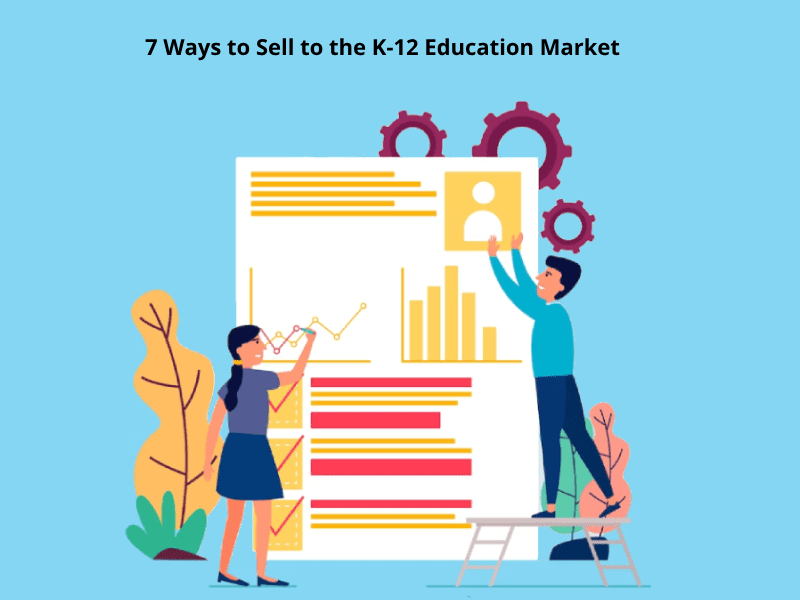As we approach the year 2023, the landscape of education is constantly changing and educators must adapt to face new and unique challenges. To ensure students receive optimal learning opportunities, educators must tackle critical issues that lie ahead.
One in five children in the US has a learning or attention issue, but only 37% of educators feel confident using technology to personalize learning for their students, according to surveys by the National Center for Learning Disabilities and EdTech Magazine.
Budget constraints are a top challenge in implementing technology initiatives, with 58% of school district technology leaders reporting this issue, per a 2020 Consortium for School Networking survey.
With the education system rapidly changing, educators need to be prepared. The following are five key hurdles that will shape the future of teaching and learning in the United States:
- Technology in the Classroom
Technology in the classroom is a great tool for students, teachers, parents and schools. But it’s also an important factor in the community at large. The use of technology in our lives has changed drastically over time. Today’s generation is growing up with an increased reliance on technology for everything from homework help to entertainment. As a result, more than ever before we need to be able to adapt quickly when faced with new challenges or issues related to this growing trend towards using technology as an educational resource instead of just another toy or hobby option available within our homes and communities
- Addressing equity and access issues
The world is changing, and so must we. It’s no longer enough to be a good teacher; we must also become advocates for your students. This means understanding the needs of all students, regardless of their backgrounds or disabilities. As educators face new challenges in the classroom every day, it’s important that we understand how these issues can affect your students—and how you can help them overcome them!
- Meeting individual learning needs
In addition to meeting individual learning needs, you’ll also have to find ways to address them. This can be done in a friendly tone and should make sure that your students feel comfortable enough with you so that they don’t feel embarrassed or intimidated by any negative comments or reactions from others around them. According to the National Center for Learning Disabilities (NCLD), approximately 1 in 5 student in the United States has a learning or attention issue.
- Budget constraints:
1. Education is becoming more individualized, with students taking responsibility for their own learning.
2. Students are more involved in their own education and more likely to be engaged in it.
3. Students are also more motivated by their education because they see the benefits of learning directly affect their future lives. In fact, it was found that 92% of college students would choose a career related to what they learned in high school or college, as opposed to only 82% who said this about jobs unrelated to what was learned at school.
- Retention of Teachers:
The first hurdle educators face is retention. In order to succeed, schools need to keep their best teachers working in the classroom. According to the National Center for Education Statistics (NCES), the teacher turnover rate in public schools was 17% in the 2020-21 school year—a figure that should be alarming to every educator and parent alike.
It’s easy to see why this number would be high: teaching can be an emotionally taxing job that often feels like a never ending battle against bureaucracy, politics and budget cuts; teaching also requires constant training on new tools like technology or lesson plans because there are always new ways students learn best today vs yesterday . . . So how do you keep up?
Educators need to prepare themselves so they can meet the needs of their students in the future
Educators need to prepare themselves so they can meet the needs of their students in the future. As educators, you are responsible for preparing your students for the future by helping them develop skills that will help them succeed in life.
Educators must adapt to changes in their profession and industry, including technology advances and political issues related to education reform. Many states have passed laws mandating better teacher training programs, like those offered by institutions such as Harvard University’s School for Education Policy Analysis Research Project. This ensures that students receive an excellent education regardless of where they live.
End Point:
Educators are facing an array of challenges in the coming years. But with their knowledge, skill and passion, they can solve these problems and thrive as educators in 2023. We hope this blog has provided you with some ideas for how to prepare yourself for these challenges—and better yet, how to respond when they happen!









